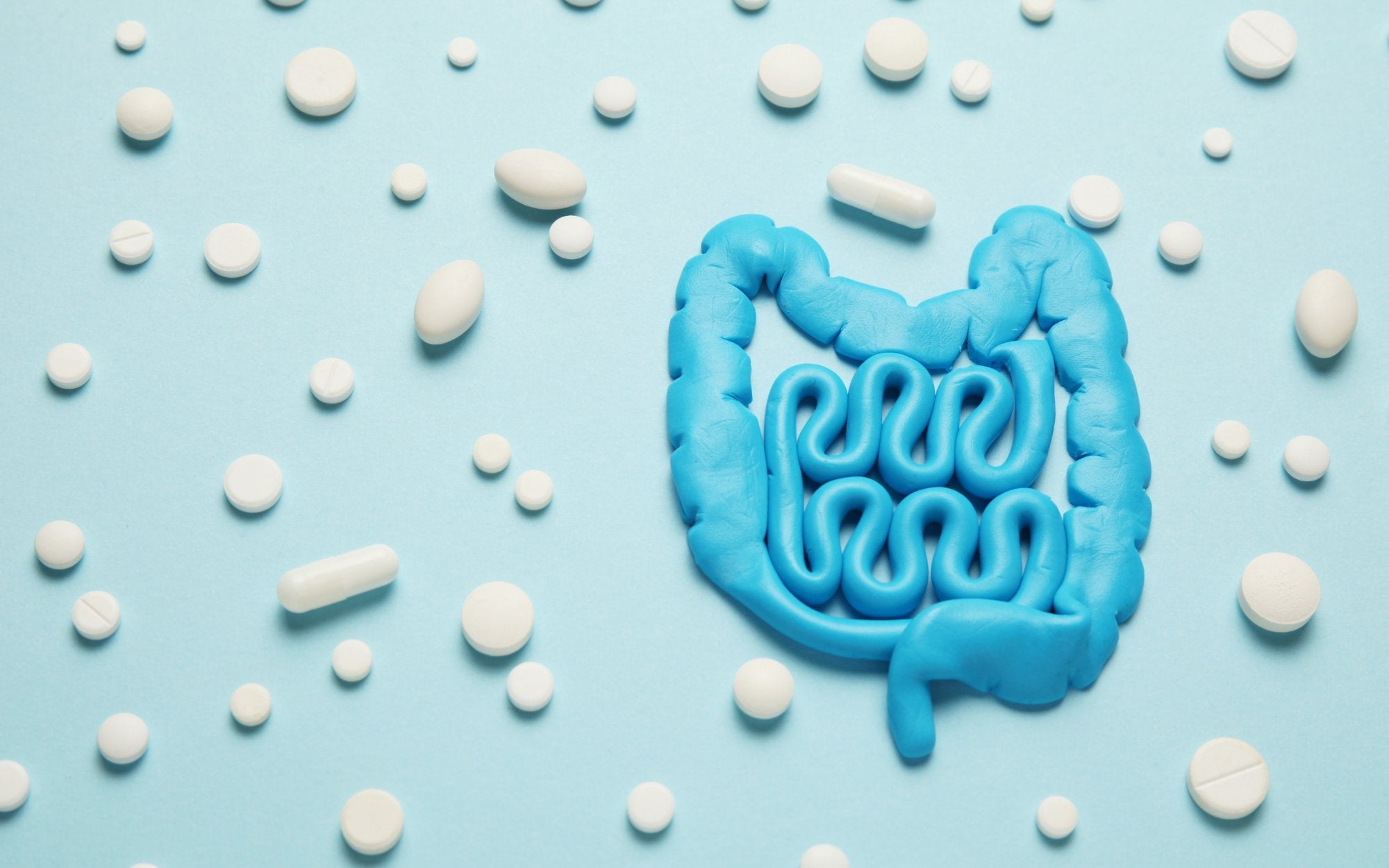
Gut health has become a major focus in the wellness and medical communities CHg123diet in recent years. Often referred to as the “second brain,” the gut plays a crucial role in overall health, impacting everything from digestion to immunity and even mental well-being. Central to gut health are the trillions of microorganisms, including bacteria, fungi, and viruses, that reside in the digestive tract, collectively known as the gut microbiome. One key aspect of maintaining a healthy microbiome is the use of probiotics, beneficial bacteria that can enhance the function and balance of the gut flora.
What is Gut Health?
Gut health refers to the state of the gastrointestinal (GI) system, which includes the stomach, small intestine, large intestine, and rectum. A healthy gut is not only one that is free of disease, but also one that functions optimally, with the ability to digest food properly, absorb nutrients, and regulate the immune system. Additionally, a balanced gut microbiome contributes to mental clarity, reduces inflammation, and helps prevent various conditions such as bloating, constipation, or more serious disorders like irritable bowel syndrome (IBS) and inflammatory bowel disease (IBD).
The gut is home to a complex community of microorganisms, which work together to break down food, produce vitamins, and even affect mood and behavior through the gut-brain axis. When the balance of these microorganisms is disrupted, it can lead to digestive problems and even impact the immune system, skin health, and mental well-being. Maintaining a healthy gut is therefore essential for overall health, and one way to support this balance is through probiotics.
What Are Probiotics?
Probiotics are live microorganisms that, when consumed in adequate amounts, provide health benefits to the host (in this case, the human body). They are often referred to as “good” or “friendly” bacteria because they help maintain a healthy balance of gut microbiota. Probiotics can be found in various fermented foods, as well as dietary supplements.
The most common types of probiotics belong to the genera Lactobacillus and Bifidobacterium, although other bacteria and yeasts, such as Saccharomyces boulardii, can also be beneficial. These probiotics work by enhancing the growth of beneficial bacteria in the gut, reducing the number of harmful pathogens, and improving the gut’s ability to absorb nutrients.
How Probiotics Support Gut Health
Probiotics support gut health in several ways. One of their most important roles is maintaining the balance of the gut microbiome. When harmful bacteria or pathogens overpopulate the gut, it can lead to dysbiosis, an imbalance that can contribute to various digestive issues such as bloating, diarrhea, and constipation. Probiotics help restore balance by encouraging the growth of beneficial bacteria that keep harmful organisms in check.
Additionally, probiotics play a key role in digestion. They assist in the breakdown of food, making it easier for the body to absorb nutrients. This is especially important for those who have difficulty digesting certain foods or who suffer from conditions like lactose intolerance. Probiotics help by breaking down lactose and improving the digestion of other nutrients.
Furthermore, probiotics have a protective effect on the gut lining. The gut is lined with epithelial cells that form a barrier between the gut microbiota and the bloodstream. This barrier is essential for preventing harmful bacteria and toxins from entering the bloodstream. Probiotics help reinforce this barrier, reducing the risk of “leaky gut,” a condition in which the gut lining becomes permeable, allowing harmful substances to enter the bloodstream and potentially trigger inflammation.
Probiotics and Immune Function
A healthy gut is vital for a strong immune system, as the majority of the body’s immune cells are located in the gut. The gut-associated lymphoid tissue (GALT) helps regulate immune responses and protects against infections. Probiotics support immune function by stimulating the production of antibodies, enhancing the activity of white blood cells, and promoting the release of anti-inflammatory compounds.
Research has shown that probiotics can reduce the incidence of common infections, such as the common cold, and may even play a role in preventing more serious conditions like inflammatory bowel disease (IBD). By supporting the immune system, probiotics help the body respond more effectively to pathogens and other harmful invaders.
The Gut-Brain Connection
An often-overlooked aspect of gut health is its connection to mental well-being. The gut-brain axis refers to the complex communication network that links the gut and the brain. This communication happens through the vagus nerve, immune signaling, and the production of neurotransmitters like serotonin, which is largely produced in the gut. This connection is why digestive health can directly impact mood, stress levels, and mental clarity.
Probiotics have been shown to influence this gut-brain connection. Studies have found that they can reduce symptoms of anxiety and depression, possibly by improving the gut microbiome’s balance and promoting the production of neurotransmitters. Probiotics may also help regulate the body’s stress response, potentially reducing the effects of chronic stress on the gut.
Sources of Probiotics
There are many ways to incorporate probiotics into your diet. Fermented foods are an excellent source of natural probiotics, and they offer a variety of other health benefits. Common probiotic-rich foods include:
-
Yogurt: One of the most widely known sources, yogurt is made from milk fermented with beneficial bacteria such as Lactobacillus and Bifidobacterium.
-
Kefir: A fermented dairy drink similar to yogurt but with a wider variety of probiotic strains.
-
Sauerkraut: Fermented cabbage that contains probiotics like Lactobacillus and other beneficial bacteria.
-
Kimchi: A traditional Korean dish made from fermented vegetables, usually cabbage and radishes, with a mix of probiotic bacteria.
-
Miso: A fermented soybean paste used in Japanese cuisine, rich in probiotics and other beneficial compounds.
In addition to food sources, probiotics are available in supplement form, which can be a more convenient way to ensure you’re getting the right amount of beneficial bacteria. Probiotic supplements come in various forms, including capsules, tablets, and powders, and can contain a variety of bacterial strains designed to target different aspects of gut health.
Choosing the Right Probiotic
When choosing a probiotic, it’s important to consider the specific strains and their intended benefits. Different strains of probiotics offer different health benefits, so it’s important to select a product that matches your health needs. For example, Lactobacillus rhamnosus is often used to address digestive issues, while Bifidobacterium longum may be beneficial for immune support.
It’s also essential to choose high-quality probiotic supplements that contain live, viable bacteria. Look for products with a guaranteed potency through the expiration date, as some probiotics lose their effectiveness over time.


